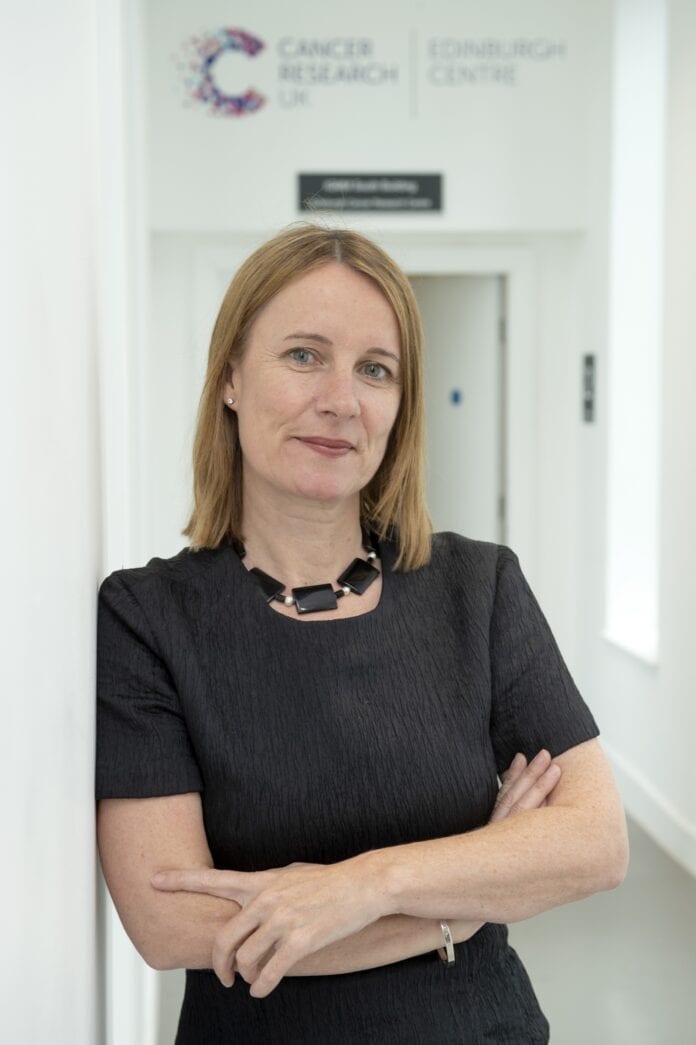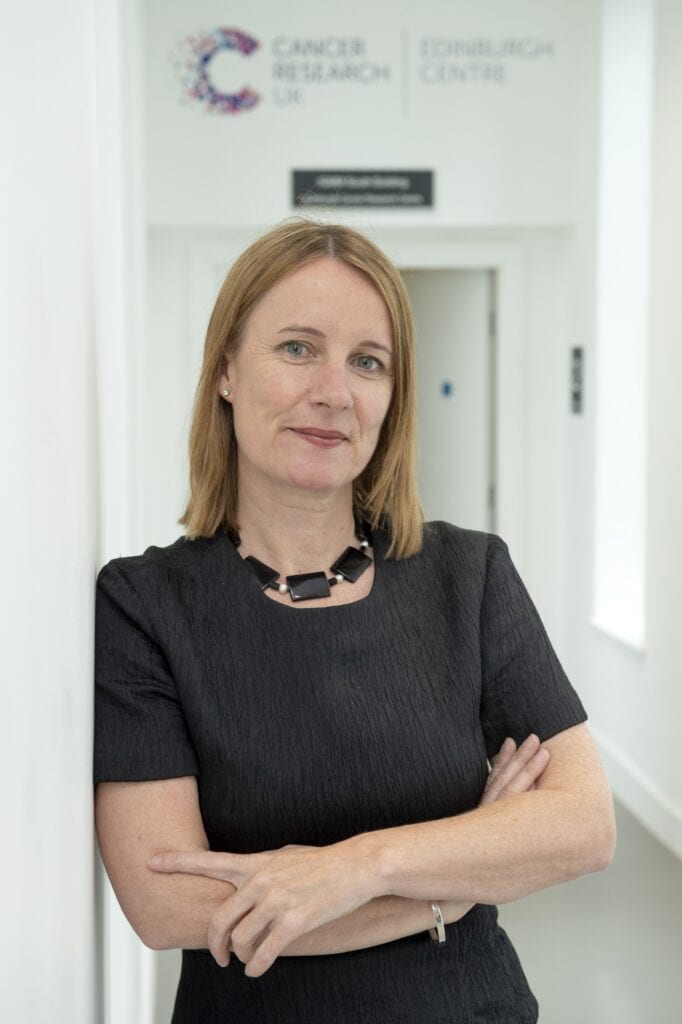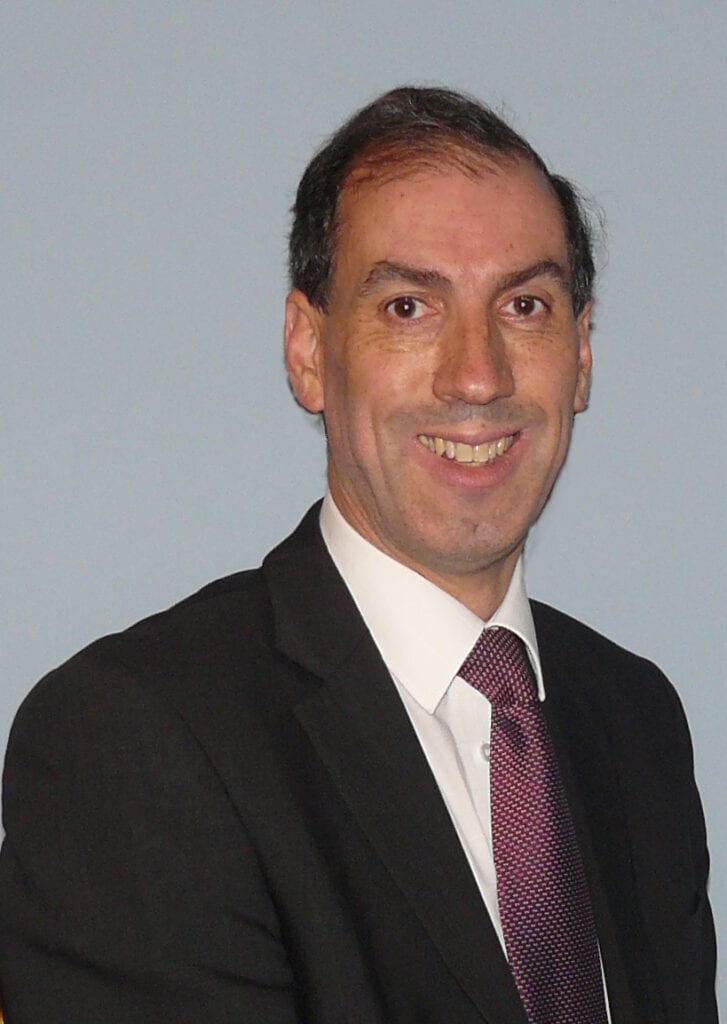
CONFUSION over the symptoms of lung cancer and COVID-19 may be responsible for a worrying drop in the number of people being referred for lung cancer tests, a major report on how cancer is diagnosed in Wales has found.

Out of all cancer types, one of the findings in the inquiry by the Cross Party Group on Cancer (CPGC) in the Senedd is that referrals from GPs for suspected lung cancer were hardest hit during lockdown. They have also been the slowest to recover.

The report, which will be presented to Members of the Senedd and charities today, shows the impact of the COVID-19 pandemic on cancer diagnoses in Wales.
It recommends the urgent reintroduction of the Single Cancer Pathway – the Welsh Government cancer waiting times target that patients are tested and receive treatment within 62 days of cancer being suspected.
In order to cope with the growing and worrying backlog of undiagnosed and suspected cancer, the report also calls for a national recovery plan for Wales which maps out how cancer and diagnostic services will bounce back from the impact of the COVID-19 pandemic.
To ensure cancer services are fit for the future, the report highlights critical issues like chronic staff shortages in cancer care that existed before the pandemic.
The CPGC inquiry details that the Welsh Government and NHS Wales should do more to encourage anyone with concerning symptoms that may be cancer to seek help. One of the ways they could do this is with a wide-ranging mass media communications campaign which has an initial focus on lung cancer. It should also provide reassurance that people can be seen and treated safely.
David Rees MS is chair of the Cross Party Group on Cancer. He said: “The COVID-19 pandemic has been the greatest threat and challenge to our NHS, and cancer has not been immune to this. I have heard many experiences of people whose cancer tests and treatments were in some way affected by the impact of COVID-19. It has caused considerable anxiety and, most worryingly, concerns that cancer survival could be negatively affected.
“There are rarely such things as silver bullets. However, the evidence is clear that diagnosing more cancers at an earlier stage, when they are more treatable, offers the best hope of saving more lives. This is why we must have a plan to recover cancer services as quickly and safely as possible.
“To help cancer services recover, it’s necessary for the Single Cancer Pathway to be reintroduced to ensure people with concerning symptoms feel confident about contacting their doctor.
“It’s hugely worrying that we’re seeing far fewer referrals for lung cancer. Given that a cough is one of the principal symptoms of COVID-19, our report highlights that it may be more difficult for people to associate a cough with cancer. An awareness campaign could help explain the difference between a cough for COVID-19 and lung cancer by encouraging people to see their GP if their symptoms have lasted a long time.”
Overall in August there were around 8,600 urgent referrals for suspected cancer in Wales*. This was 9% fewer than the same time the previous year.*
Lung cancer referrals have been hardest hit and slower to recover, down 26% in August compared to the same time in 2019.* During the lockdown in April, there was a sharp 72% drop in lung cancer referrals compared to the previous year.*
Every year, around 2,500 people are diagnosed with lung cancer in Wales.** Before the pandemic, 75% of lung cancer cases in Wales were diagnosed at a late stage (stage three or four).***
Sadly, more people die from lung cancer than any other cancer type in Wales, but if it’s found at an early stage it’s more likely treatment will be successful, and the chances of survival will be higher. For many people with lung related symptoms, it won’t be cancer, but it’s just as important as ever that people speak to their GP and attend follow-up tests.
November is lung cancer awareness month.
Responding to the report, Cancer Research UK’s chief executive Michelle Mitchell, said: “It’s clear from this report that COVID-19 has had a devastating impact on cancer care in Wales. We cannot wait for the pandemic to end. With every moment that passes, a wave of undiagnosed cancer cases is building. Nowhere is this clearer than for lung cancer, which has not recovered in terms of the numbers of people being referred.
“We know healthcare staff are working tirelessly and, without their efforts, the impact of the pandemic on cancer patients would have been even worse.
“Recovering from the pandemic is important, but we mustn’t lose sight that improvement in cancer services was urgently needed before COVID-19 hit. A new cancer strategy for Wales, with the Single Cancer Pathway at the heart of it, will be critical if we are to diagnose more cancers earlier. The Welsh Government cannot wait and must make this a priority.”
Dr Ian Williamson, Assistant Medical Director of Cancer Services and lung cancer consultant physician at the Aneurin Bevan University Health Board welcomed the issues raised in the report.
He said: “At the height of the pandemic from April to June we saw significantly less patients with suspected cancer compared with previous years and we’re hugely concerned about what this might mean for cancer patients both in Gwent and across Wales. It is crucial that patients who experience any suspected cancer symptoms discuss these with their GP. Surgeries are open for business and GPs want to see you.
“Sometimes cancer can be picked up early as an incidental finding when patients have a test for other concerns, for example, a chest X-ray for symptoms of a chest infection may pick up early stage lung cancer. Unfortunately, as a result of COVID-19, fewer patients are having these types of tests.
“The Single Cancer Pathway offers an opportunity to improve the way we organise cancer care in Wales, including the support that patients are provided throughout the process and encouraging them to attend appointments as quickly as possible.”
Help keep news FREE for our readers
Supporting your local community newspaper/online news outlet is crucial now more than ever. If you believe in independent journalism, then consider making a valuable contribution by making a one-time or monthly donation. We operate in rural areas where providing unbiased news can be challenging. Read More About Supporting The West Wales Chronicle























